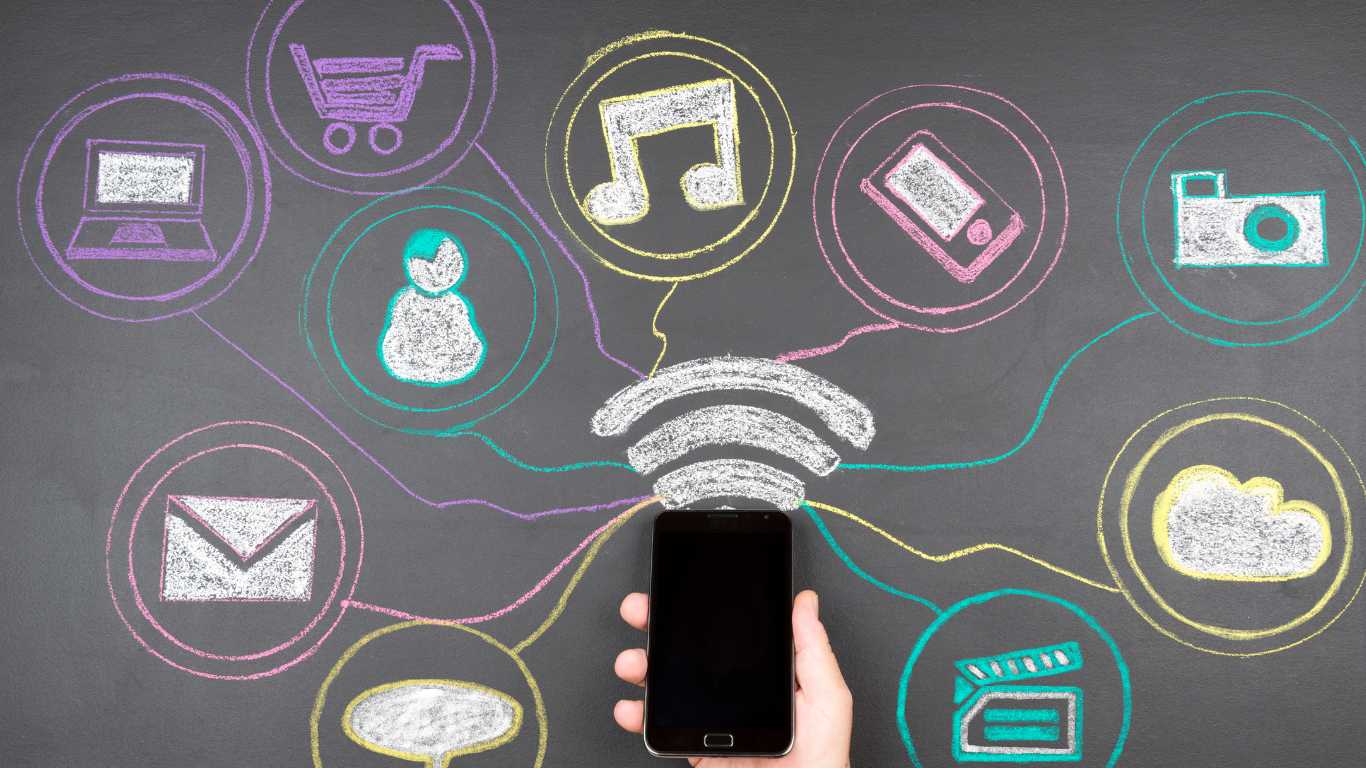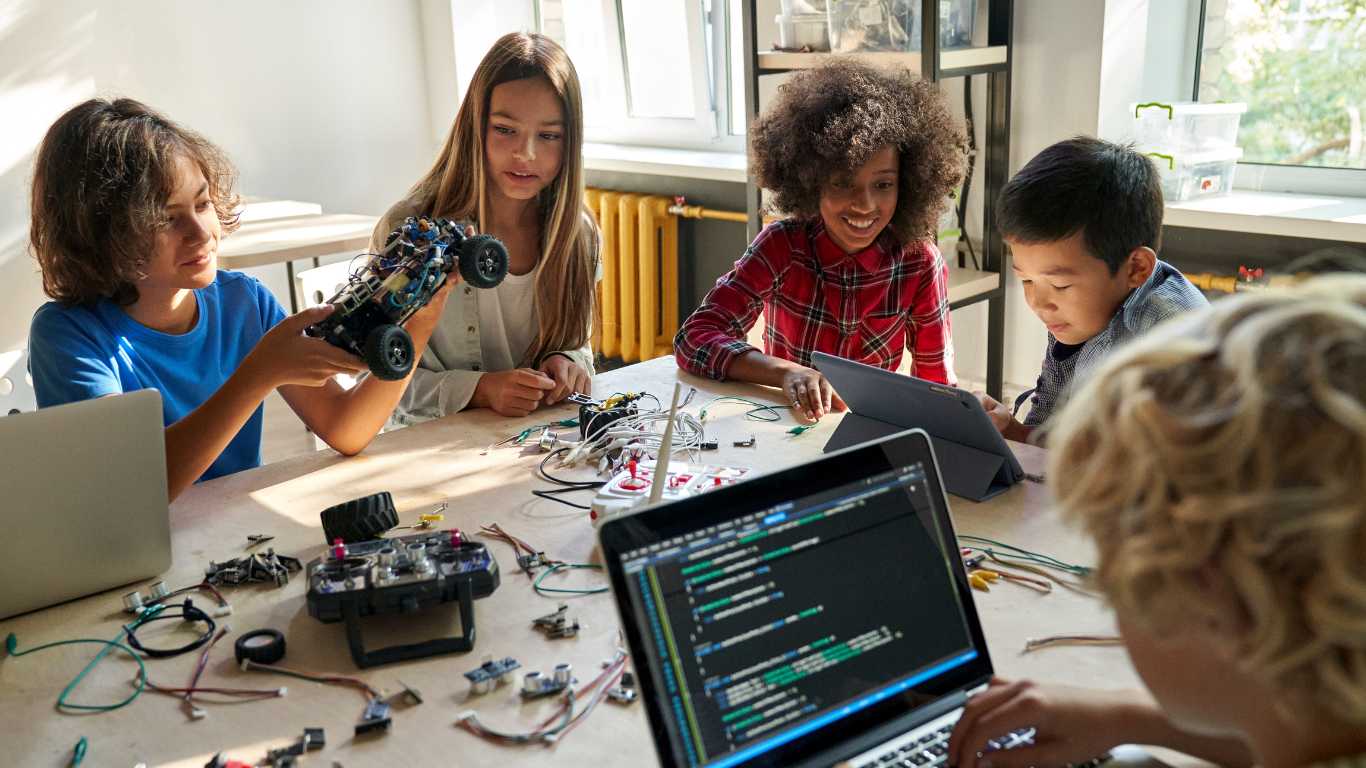
In today’s digital age, children are growing up in a world saturated with technology. While this technological immersion has its critics, it also presents unique opportunities for enhancing brain development in kids. One powerful way to achieve this is by combining games with learning. In this blog, we’ll explore how this fusion of fun and education can be a game-changer for children’s cognitive growth.
1. Engaging Learning
Kids are naturally curious, and they learn best when they are engaged and motivated. Traditional methods of rote learning can often fail to captivate young minds. Here’s where educational games come into play. These games offer a stimulating and interactive learning environment that encourages children to actively participate in the learning process. Whether it’s solving math problems, exploring historical civilizations, or learning a new language, gamified learning makes education more engaging.
2. Improved Problem-Solving Skills
Games, especially those involving puzzles and strategy, can significantly improve a child’s problem-solving skills. These games require players to analyze situations, think critically, and come up with effective solutions. For example, in a game like Minecraft, players need to plan and build structures, which involves spatial reasoning and problem-solving. Such experiences can have a lasting impact on a child’s ability to tackle real-world challenges.
3. Boosting Memory and Cognitive Skills
Many educational games are designed to enhance memory and cognitive skills. Memory matching games, word puzzles, and memory-based card games can help kids develop their memory recall abilities. Additionally, games that involve sequencing or pattern recognition can sharpen cognitive skills, making kids better at organizing information and recognizing patterns in various aspects of life.
4. Encouraging Creativity
Creativity is a vital aspect of brain development in children. Creative and building games, or drawing apps encourage kids to use their imagination to create something unique. This not only boosts creativity but also helps in the development of fine motor skills as they manipulate digital or physical objects to bring their ideas to life.
5. Enhancing Social Skills
Many games are designed for multiplayer interaction, fostering social skills in children. It’s cooperating with others to achieve a common goal in a game. These experiences can help kids develop important social skills such as communication, teamwork, and empathy.
6. Learning at Their Own Pace
One significant advantage of game-based learning is that it allows children to learn at their own pace. In a traditional classroom, students often feel pressured to keep up with the class, which can lead to frustration and anxiety. With educational games, kids can take their time to grasp concepts and can revisit them as many times as needed until they feel confident.
7. Immediate Feedback and Rewards
Games provide instant feedback on a child’s performance, which is crucial for learning. When a child answers a question correctly or completes a challenging level, they receive immediate positive reinforcement in the form of rewards or progress. This feedback loop motivates children to keep learning and striving for improvement.
8. Cultivating a Growth Mindset
Educational games teach kids that failure is not the end but rather a stepping stone to success. They encourage a growth mindset, where children understand that they can improve through effort and perseverance. This mindset can have a profound impact on their approach to learning and problem-solving in other areas of life.
In conclusion, the fusion of games and learning can be a potent tool for enhancing brain development in kids. It’s not about replacing traditional education but rather supplementing it with engaging and interactive experiences that tap into children’s natural curiosity and love for play. When harnessed correctly, games can be a valuable ally in preparing our children for a future that demands not just knowledge but also creativity, critical thinking, and adaptability. So, let’s embrace the power of game-based learning and help our kids unlock their full cognitive potential.




